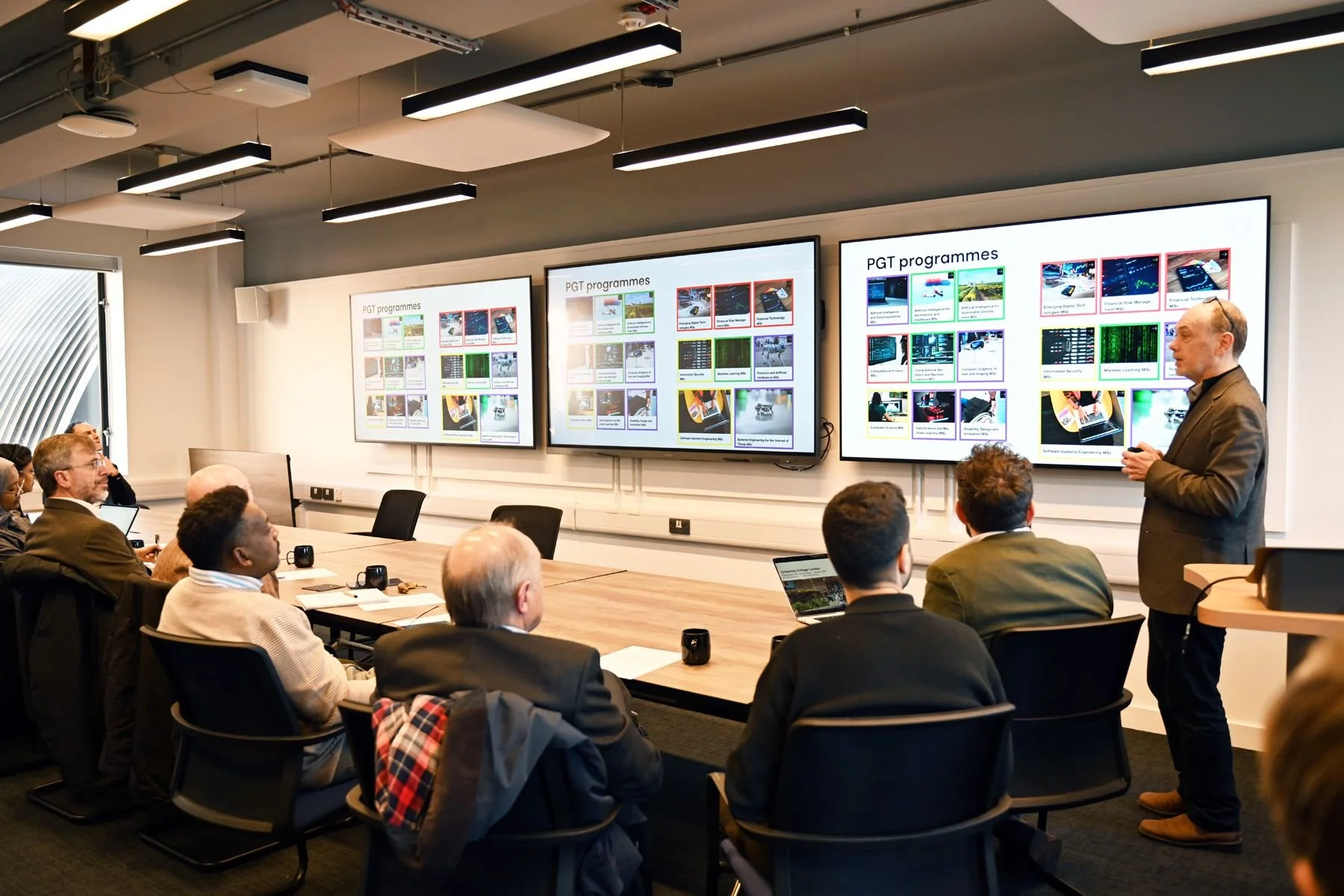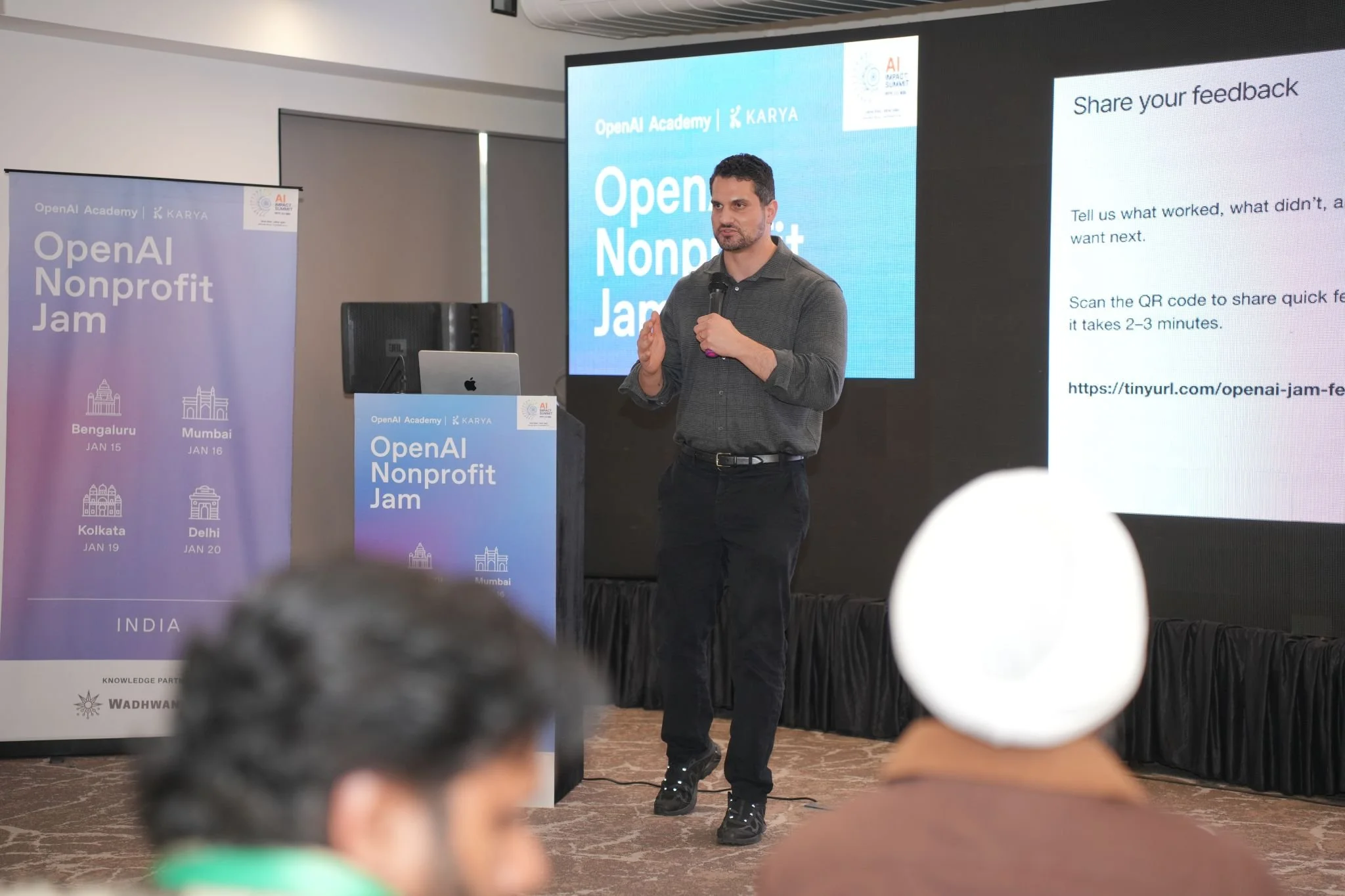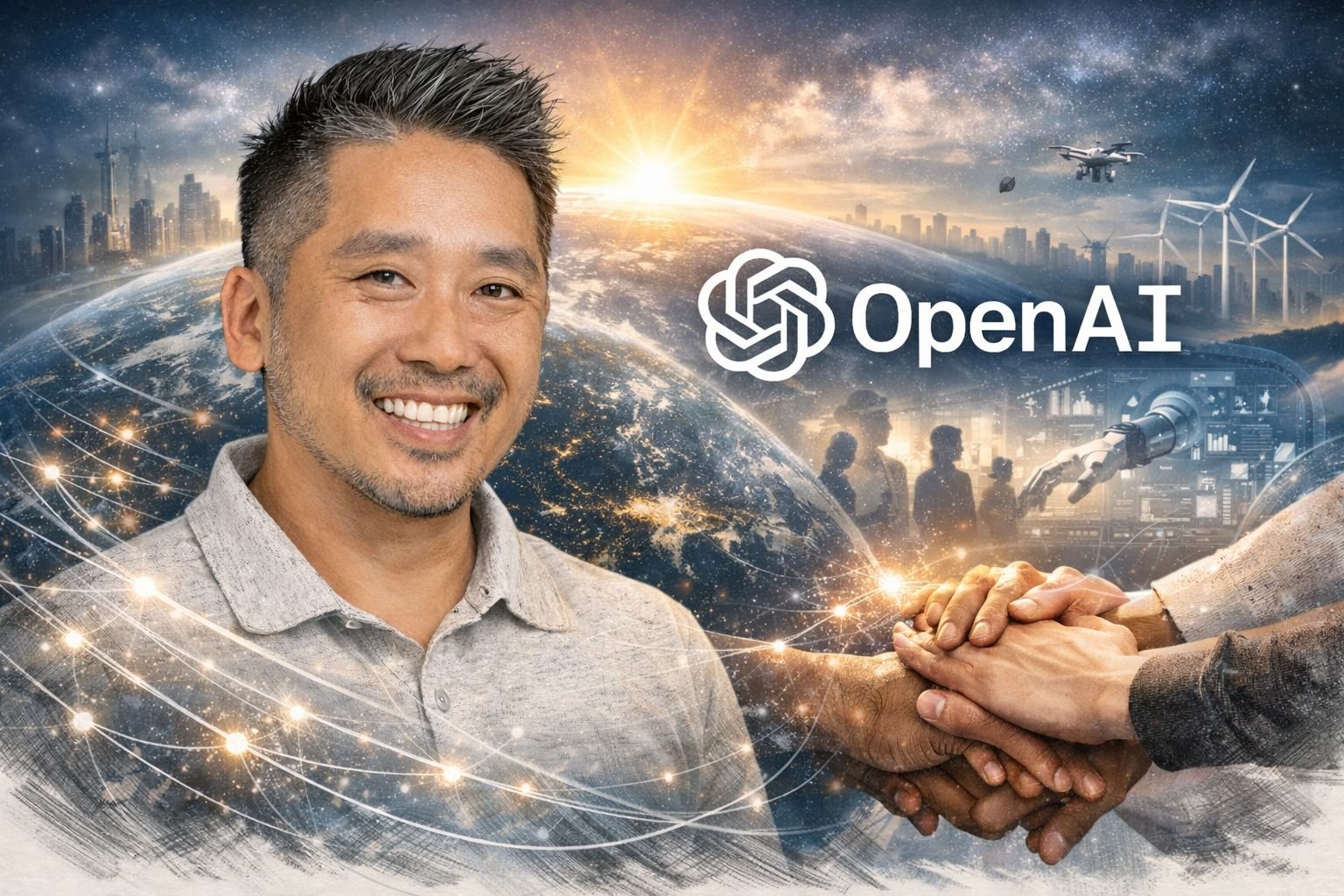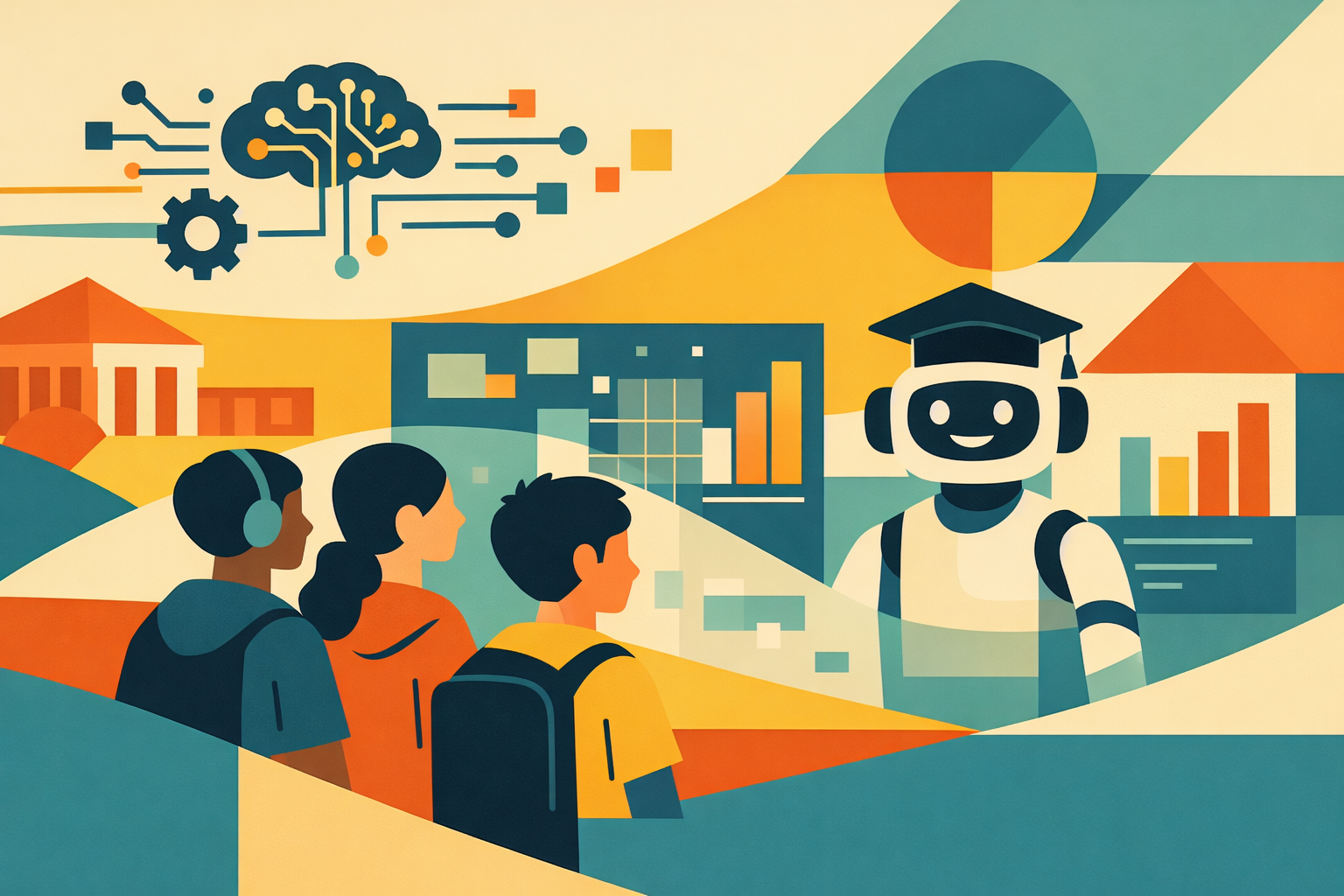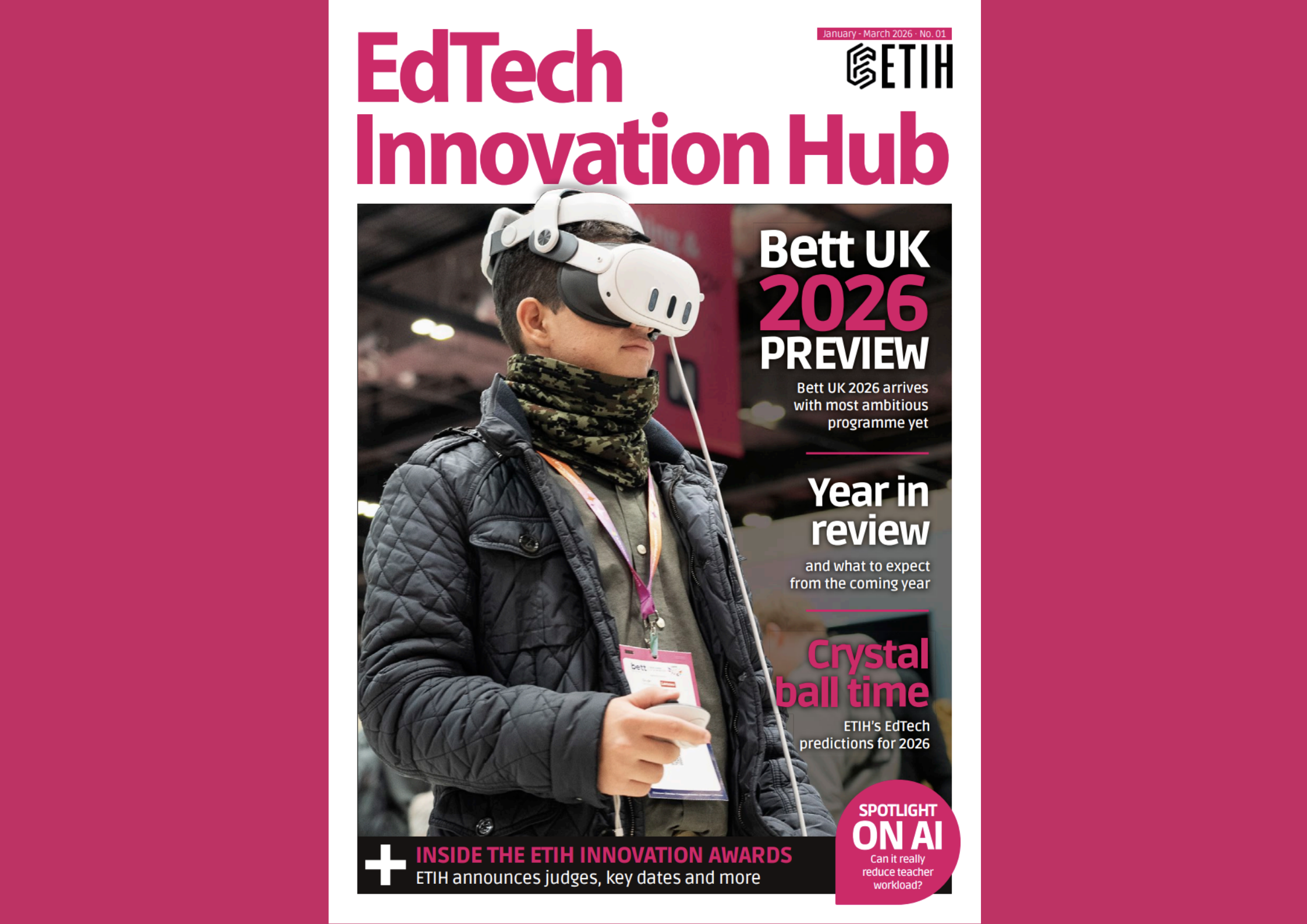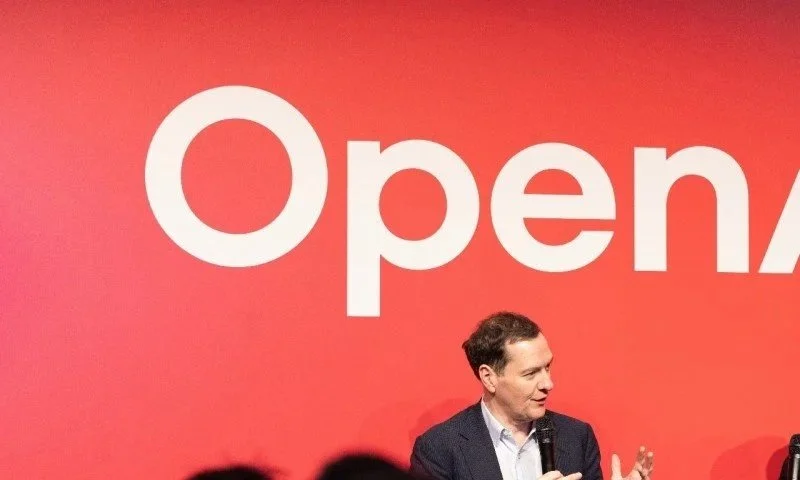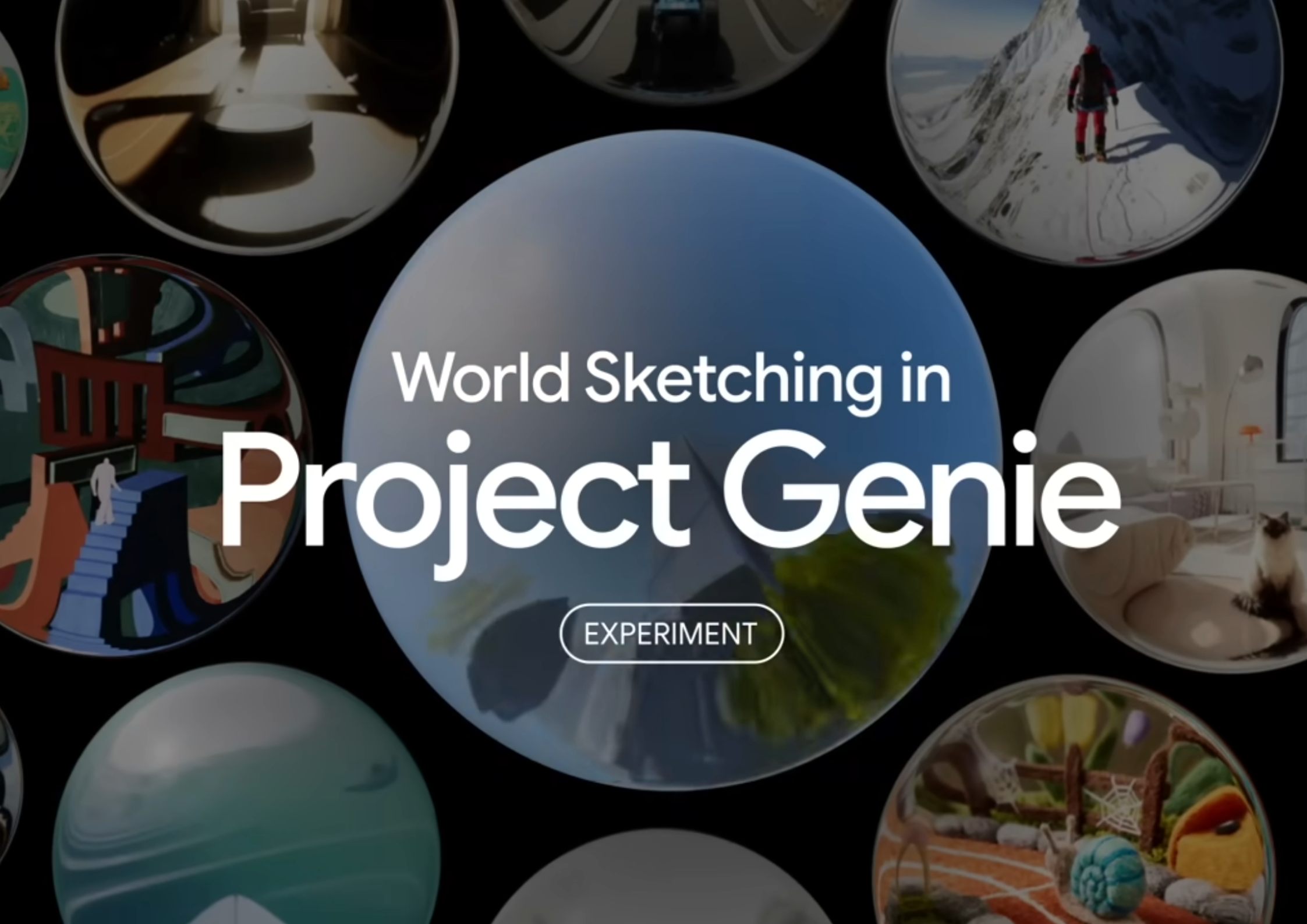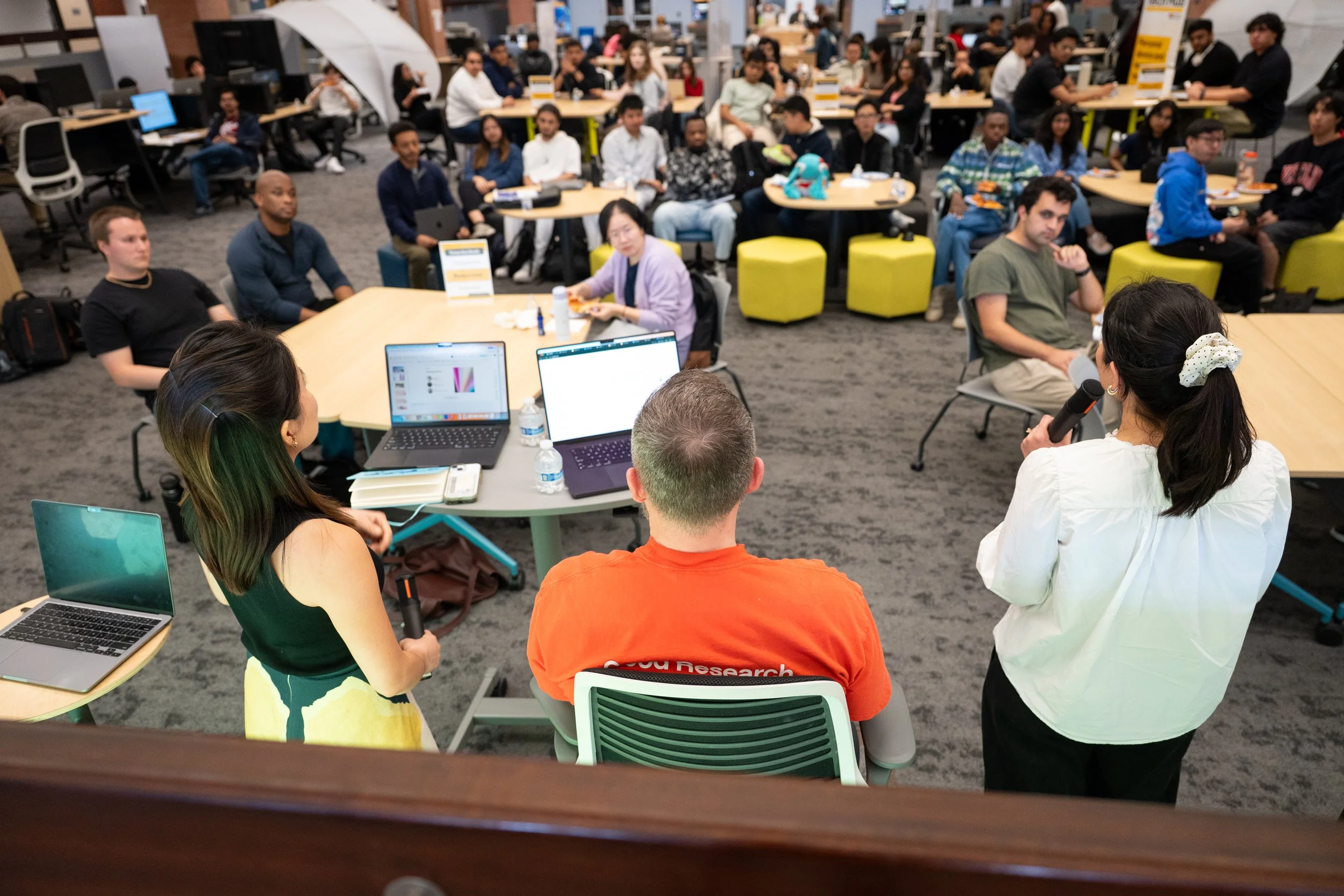EdTech stories of the week: OpenAI acquires Sky, Chegg restructures, and Amazon launches $68M AI Fellowship
AI innovation, new global partnerships, and major curriculum launches take the spotlight in this week’s top EdTech stories.
AI-powered education continues to evolve at speed, led this week by OpenAI’s acquisition of Sky and Chegg’s shift toward enterprise learning. Amazon makes headlines with a $68 million AI PhD Fellowship spanning nine US universities, while Meta, Google, and Anthropic push forward on infrastructure and curriculum innovation. Meanwhile, partnerships from Pearson, UCL, and Stanford highlight how industry and academia are redefining digital learning worldwide.
10. Stanford project uses OpenAI API to advance medical reasoning through Clinical Mind AI
In at number ten, Stanford brings AI deeper into medical education with Clinical Mind AI, a platform using OpenAI’s API to train students in real-world diagnostic reasoning. Developed by Dr. Marcos Rojas Pino, the system lets learners interview simulated patients and make clinical decisions in real time. Already active across 15 universities and multiple health disciplines, the project marks another major step in blending simulation-based learning with scalable, AI-driven training.
9. Pearson collaborates with the Center for Energy Workforce Development, expanding opportunities for its students
Taking the ninth spot, Pearson joins forces with the Center for Energy Workforce Development to connect high school learners with growing energy-sector careers. Through the Energy Industry Fundamentals 2.0 course, students can access free online training in fields ranging from renewables to nuclear power. It’s a sign that Pearson’s virtual learning arm is pushing beyond traditional academics, linking education directly to the workforce pipeline at a time when industry demand is soaring.
8. WorldQuant University partners with Rwandan youth village to expand access to STEM education
At number eight, the focus shifts to Africa, where WorldQuant University has partnered with Rwanda’s Agahozo-Shalom Youth Village to expand access to STEM education. The collaboration supports students who’ve overcome significant barriers, combining online learning in data science with community-based support. It’s part of a wider push to democratize access to digital education across emerging economies, and to identify and nurture global tech talent early.
7. UCL partners with Google DeepMind to create a new AI curriculum aiming to ‘democratize’ access to education
AI is back again at number seven, as UCL teams up with Google DeepMind to create a curriculum designed to widen access to advanced AI research skills. Built in consultation with African universities and grassroots AI communities, AI Research Foundations merges academic rigor with real-world application. It’s available globally via Google Cloud Skills Boost and stands out for focusing not only on technical knowledge but also on responsible AI and social impact.
6. JetBrains unveils Matter to reimagine collaboration between AI and human developers
At number six, JetBrains enters the lineup with Matter, a new AI-powered workspace for software teams. Designed to blend creativity and code, it lets developers and designers work together in shared environments, instantly testing prototypes without touching production code. The platform’s integration with GitHub and real-time collaboration tools points toward a future where AI doesn’t replace developers but works alongside them, an approach that mirrors broader shifts across tech and education alike.
5. Anthropic expands Google Cloud partnership and launches Claude memory for enterprise
Kicking off the top five, Anthropic extends its partnership with Google Cloud, securing one million TPUs to scale AI research while rolling out Claude’s new memory feature for enterprise users. The update introduces long-term context retention across sessions, allowing teams to streamline workflows and maintain project continuity. With privacy settings and Incognito Chat built in, the move underlines Anthropic’s push to make AI collaboration more adaptable, secure, and work-ready.
4. Meta and Hugging Face launch OpenEnv to advance open-source agentic development
In at number four, Meta and Hugging Face unveil OpenEnv, a new open-source framework for developing and testing AI agents. The project establishes a shared ecosystem where developers can create and deploy reinforcement learning environments with built-in transparency and control. As the first version rolls out, Meta’s collaboration signals a clear intent to standardize how agentic systems are built and shared across the AI community, keeping open development firmly on the agenda.
3. Amazon launches $68 million AI PhD Fellowship program across nine US universities
Taking the third spot, Amazon announces a $68 million investment in AI research, funding more than 100 PhD students across nine major US universities. The fellowship combines financial support with AWS cloud credits and industry mentorship, reinforcing Amazon’s growing footprint in academic AI research. With institutions including MIT, Stanford, and Carnegie Mellon involved, the program strengthens the company’s long-term pipeline for AI innovation while addressing the demand for advanced skills.
2. Chegg CEO Nathan Schultz steps down as company restructures and refocuses on skilling market
At number two, Chegg undergoes a major reshaping as CEO Nathan Schultz steps down, with Executive Chairman Dan Rosensweig returning to lead the company. The move comes alongside deep restructuring and renewed emphasis on AI-driven workforce learning through Chegg Skills and Busuu. With cost cuts and a sharper enterprise focus, the company aims to capture growth in the expanding $40 billion skilling market—while continuing to integrate AI across its academic services.
1. OpenAI acquires Sky developer to enhance ChatGPT desktop integration
Topping this week’s list, OpenAI makes headlines once again with its acquisition of Software Applications Incorporated, the company behind Sky—a macOS assistant that blends natural language control with desktop functionality. The move brings Sky’s design and integration expertise into ChatGPT, signaling OpenAI’s intent to make its tools even more embedded in daily workflows. With deeper macOS functionality on the horizon, the acquisition cements OpenAI’s position at the forefront of human-AI interaction on desktop.





